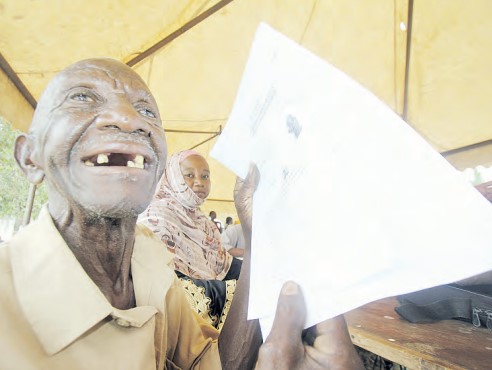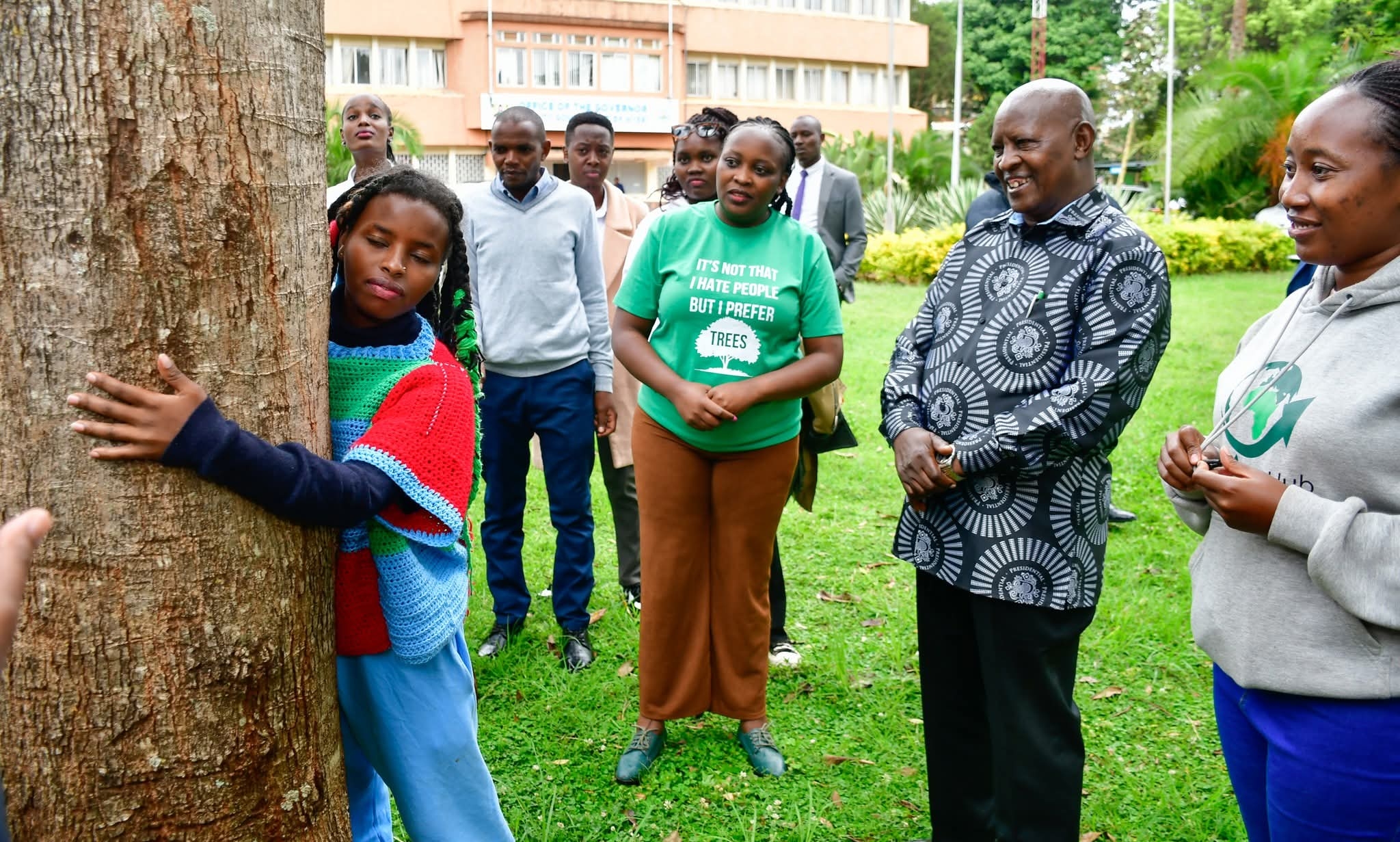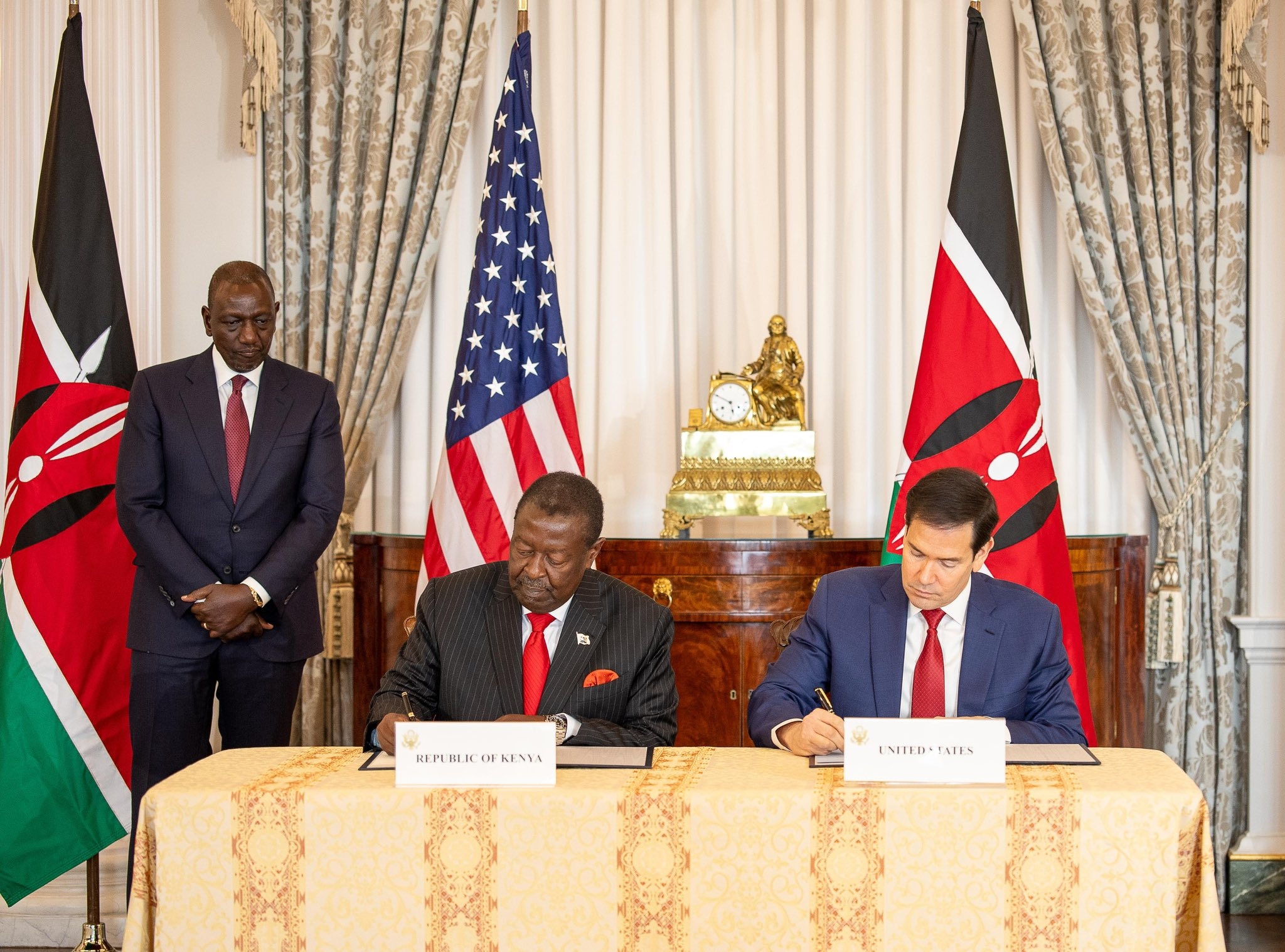
About 6,000 ethnic Makondes in Kenya became citizens in 2016, but it was not without frustration by government officials.
The community, which is spread across Kenya, Tanzania and Mozambique, had for decades remained stateless despite strained efforts by their forebearers to get recognition.
The Kenya Human Rights Commission says in its book, Rights and Fights: 30 Years of the Kenya Human Rights Commission’s Legacy, published in December last year to mark 30 years anniversary, that it was inspired by Makonde community’s fearlessness and resolve.
Diana Gichengo, a former programme manager at KHRC, narrates in the book that despite the countless suffering and pain that members of the community faced over the years such as the trek from Mombasa to Nairobi facilitated by KHRC, the Makondes’ efforts eventually bore fruit.
About 300 members participated in the 2016 trek. Gichengo, who is now the national coordinator of the Institute for Social Accountability, says KHRC’s fight for Makonde’s recognition started in 2014.
This is when United Nations High Commissioner for Refugees was researching the Makonde and discovered the KHRC’s prior work – a publication titled ‘Foreigners at Home’ – and a documentary, Aliens No More.
This prompted KHRC to start gathering data on the Makondes’ plight, going house to house and “witnessing first-hand the daily struggles of a stateless existence.”
“The law demanded proof of residence in Kenya since 1963. But how could they prove this when they had no documents?” Gichengo says.
Undeterred, the KHRC, alongside the Makondes, embarked on a multi-pronged approach.
First, they turned to Parliament, with a petition and a compelling narrative.
“The Makonde knew how to tell their story,” Gichengo remembers.
“One young woman recounted how she couldn’t take the ferry due to lack of ID, forcing her to drop out of school.”
When the Makonde shared their experiences with MPs, the response was swift and unequivocal.
The Makondes came to Kenya in
the 1930s to work on plantations.
They were denied citizenship for
more than 50 years until President
Uhuru Kenyatta declared them the
43rd tribe in 2017.













